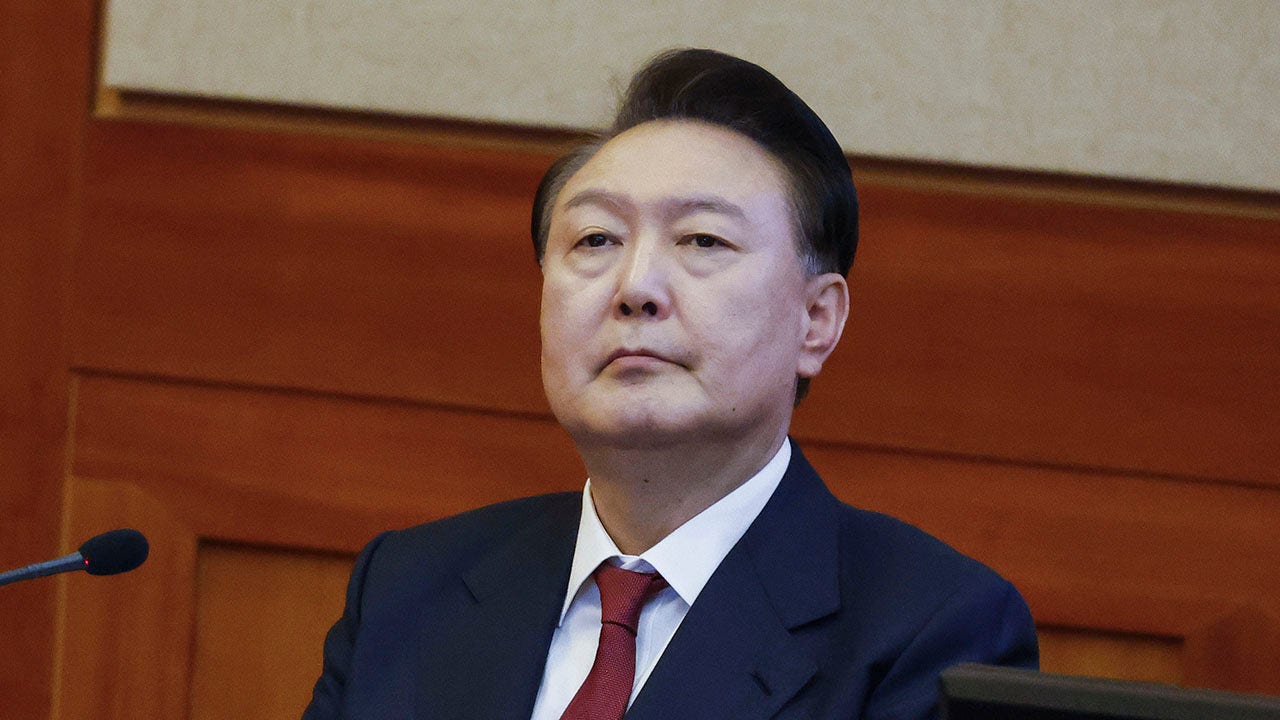From ongoing emergencies in Gaza, Sudan and Ukraine, we’ve compiled a selection of moving personal messages from UN humanitarians who reflect on what it means to be an aid worker, 21 years to the day since a bomb attack at the UN’s headquarters in Baghdad killed 22 humanitarian workers, including Sergio Vieira de Mello, the Secretary-General’s Special Representative for Iraq:
GAZA: Louise Wateridge, the UN agency for Palestine refugees (UNRWA):
On colleagues too scared to leave children at home
Louise Wateridge of UNRWA with her colleague Hussein in Rafah, southern Gaza.
“We have our staff in the north as well, staff in the south, all over; they’re telling us how they take their children to work with them because they don’t dare leave them at home. They dare not be apart from their families in case somebody is killed in a strike and they’re not together. Colleagues tell me that they would rather die together than die separately.”
Facing constant danger and destruction
“We often wake up to new challenges. Even in Khan Younis. You know, we have just rehabilitated a water well – this is an achievement of the war. [Providing] water to 100,000 people in the Khan Yunis area, amongst all the rubble, amongst all the displacement. And now there are tanks in this area and people are fleeing…It is so challenging to deliver humanitarian response with these forced displacements, with the ongoing bombing and strikes being able to navigate the area safely. It’s just impossible to be safe in the Gaza Strip.”
Repeated blows
“If we wake up tomorrow and the well in Khan Younis that is the biggest source of water for the population there has been destroyed again, of course, that’s going to come with huge frustration and huge upset to the humanitarian response, to the community here. But I know staff will pick themselves up, they will carry on and they will repair it again, because what else will they do? They’re not going to give up. They’re going to keep doing everything they possibly can until we reach a ceasefire. Until there is some respite for the population – they will continue to serve their community.”
UN Security Acts for Humanity
Sudan: Leni Kinzli, the UN World Food Programme (WFP):
‘This is what I signed up for’
“So. I’ve been an aid worker now for six years and being an aid worker in Sudan means basically never giving up. It’s an incredibly difficult situation to be working in, especially for our Sudanese colleagues, and it just means never giving up and never giving up the belief and the hope that you are making a difference in people’s lives – that the assistance that we’re getting through does save lives and supports people in the very darkest of times as we’re seeing in Sudan.
This is what I signed up for. This is what we all sign up for as aid workers there is, you know, no assumption when it comes to this, you dedicate your life in the service of others.”

Leni Kinzli, head of communications for the World Food Programme (WFP) in Sudan.
Unforgettable testimony
“One recent example that has brought home for me what it means to be a humanitarian is a recent encounter I had in Port Sudan with a woman who is in about mid-30s, had escaped and was living in Port Sudan, basically after an 800-kilometre trek to safety. And she was telling me the details of everything that she went through in the war. She really got extremely emotional about it.
But then she also mentioned how receiving assistance from WFP monthly emergency food ration packages helped her to make that journey and then arrive in a place where she was safe and could share her story with me and also let out some of the trauma that she experienced.
She was in my arms crying, But letting that out and having the space to allow people to share the difficulties that they’ve been through and giving them the empathy and compassion they deserve after such horrific experiences; that’s what being a humanitarian is all about.”
The reality of delivering relief
“What humanitarian workers across Sudan, especially Sudanese aid workers, are up against, is the most complex operating environment in the world today. So what that means is, in the areas where people need help the most there is active fighting, there are airstrikes, bombings, shellings in places like Khartoum, the capital (and) the capital of North Darfur.
But then along the roads where we would have to transport food, there are so many checkpoints, so many different actors, armed actors involved across different lines of conflict, so it is a constant negotiation and constant communication with those parties.”
Ukraine: Emanuele Bruni UN World Health Organization (WHO):
Lethal ‘double tap’ threat in Odessa
“Seven months ago after an initial attack, one emergency medical system worker was running quickly to the spot where the attack occurred, not caring (about) the siren, not caring of the warnings – it’s the spirit of the workers and of the health workers. The unfortunate story which really breaks my heart is that this health worker, this young emergency medical system worker, was hit by the second tap.
[They were] hit by doing this work for the people, and this is something I will never forget…The attack on the children’s hospital in Kyiv is definitely the most evident of the attacks. But these attacks to emergency medical workers happen every day. I will never forget.”
Healthcare targeted
“Since the beginning of 2024, we have observed a lot of “double tap” hits; basically [there’s data] that health workers are three times more prone to be attacked. This is absolutely hampering the response and also the healthcare status of the population as well as of the health system. It’s very important to remind that Ukraine remains a very, very difficult emergency, due to the incredible amount of violence.”





